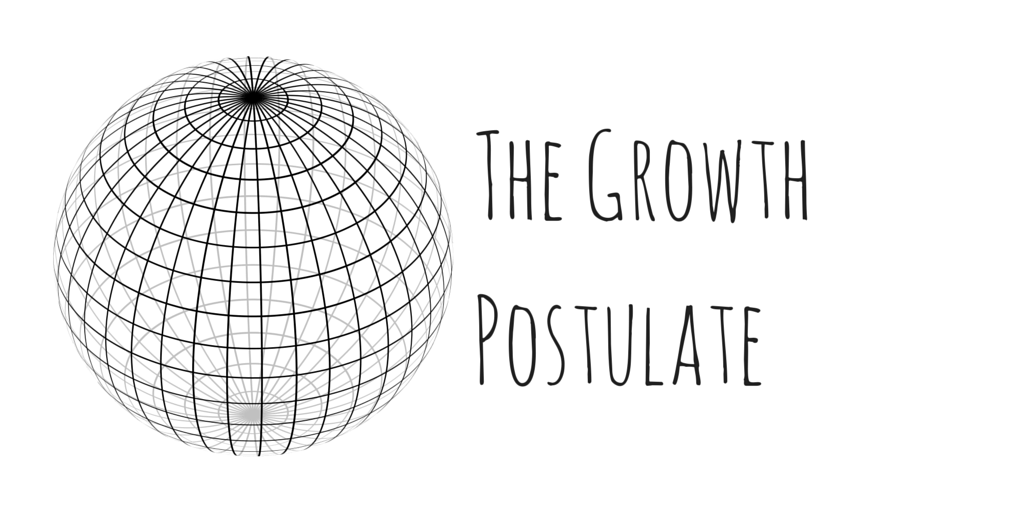Leadership Challenges
Leaders are under increasing pressure. Leadership today is not the same as leadership 20 years ago. This has to do with the increased and accelerating changes in our society. Leader in Mind, a Düsseldorf based consultancy conducted a qualitative research on how leaders cope with those changes and subsequent challenges. Based on this research 5 clusters of concern emerged:
- How to cope with Unclear strategic Orientation?
- How to achieve growth in a time of limited growth potential?
- How to manage the quality of work?
- How to cope with increasing social complexity?
- How to shape the future and to innovate?
This blog is the second in a series of five to discuss the results of this qualitative research.
Growth and Meaningfulness
The search for meaningfulness is closely linked to the challenge of strategic orientation. What are we doing here, is a question that is often asked. And the postulate of growth is questioned. Can we continue our focus on Growth?
The success of a leader was measured by the bottom-line. But since the financial crisis of 2008 people become aware that the potential for growth is limited. And the same is valid for cost cutting. But what’s the consequence of this? One major consequence is that growth and cost efficiency have lost their energy as generators of meaningfulness.
Everywhere people say that we cannot grow endlessly because the markets are saturated. How can we make more money? By spending less? We will not be able to make 20 billion out of the 15 we make today? But again 15, or maybe 15,5. We can increase our bottom-line if we become more efficient. Markets are limited.
All companies are pushing for efficiency and say that they want to increase the bottom-line. I have asked myself often the question: why?
 People are not depressed when they say this. They are simply thinking. And they are not alone. There are many studies that question the paradigm of eternal growth. The 1972 study of the Club of Rome had as title Limits to Growth. In 1972 predictions were that we would have a problem in 2100. The revised report predicts that we would get there by 2052.
People are not depressed when they say this. They are simply thinking. And they are not alone. There are many studies that question the paradigm of eternal growth. The 1972 study of the Club of Rome had as title Limits to Growth. In 1972 predictions were that we would have a problem in 2100. The revised report predicts that we would get there by 2052.
So what leaders are thinking is not so new. And it’s not a sign of fatigue. The world is becoming increasingly aware that there are limits to growth. Yet, many see growth as the sole engine of meaningfulness and direction. No wonder that people fail to see the strategic orientation and experience meaningfulness. But in many organisation the topic is taboo.
Someone asked at the conference what the Plan B is when we do not achieve our targets. And the executive board answered that there was no plan B. Expectations are that we meet our targets. If we can reach our targets through ostracism, I am not sure. Or maybe through some fear, pressure and distrust …
The search for Perspective
The new challenge for leaders is to create a culture of resilience. Such a culture enables people and companies to adapt to change and to forcefully continue to perform. The doubts leaders have are early warning signals. But leaders can organise a quest for perspective.

Personal comments
Again we need a leadership that is ready for this. Because instead of having all the answers, leaders have to work in an environment in which paradigms are shifting. How can you expect leaders to work in a paradigm that they feel is falling apart? How can you ask them to make this grand écart between what they believe and what the company is saying? The risk of not addressing this is that people will go underground. They will chant the corporate song, but will criticise top management’s reluctance to search for new perspectives. And this is worse than allowing people to be critical but constructive. What would happen if top management would say: maybe we need to shift gears. Would that bring the company in turmoil? What would happen when the CEO of a company would say: I am not sure what the future will bring? Would that be the end of his career?
I believe that we are leaving an age of paradigms. There is no longer a political separation between left and right. There is an increasing need to integrate points of view and to focus on what works. This is not necessarily opportunism. It’s an enlightened realism. And yes, the integration of paradigms in itself is world-changing because it requires a different kind of identification. We should not identify with what is behind us (both in time and ideology) but focus on what is ahead of us. And the challenges that are coming towards us are of such a scale and nature that we will not have an alternative than to change our paradigms. But this in itself will probably require some difficult societal earthquakes.
Thanks to Anette Stein-Hanusch and Britt Wrede for sharing their work. Qualitative Research is not so popular anymore but the wealth of ideas coming from this research is high. And it brings the dialogue leaders have (also with themselves) very close to the reader. More information about the research paper can be obtained here (text in German).







Insightful article, David. Resilience is an important attribute for anyone, if we can be able to develop this culture within organisations, we might fare better with employee engagement as well.